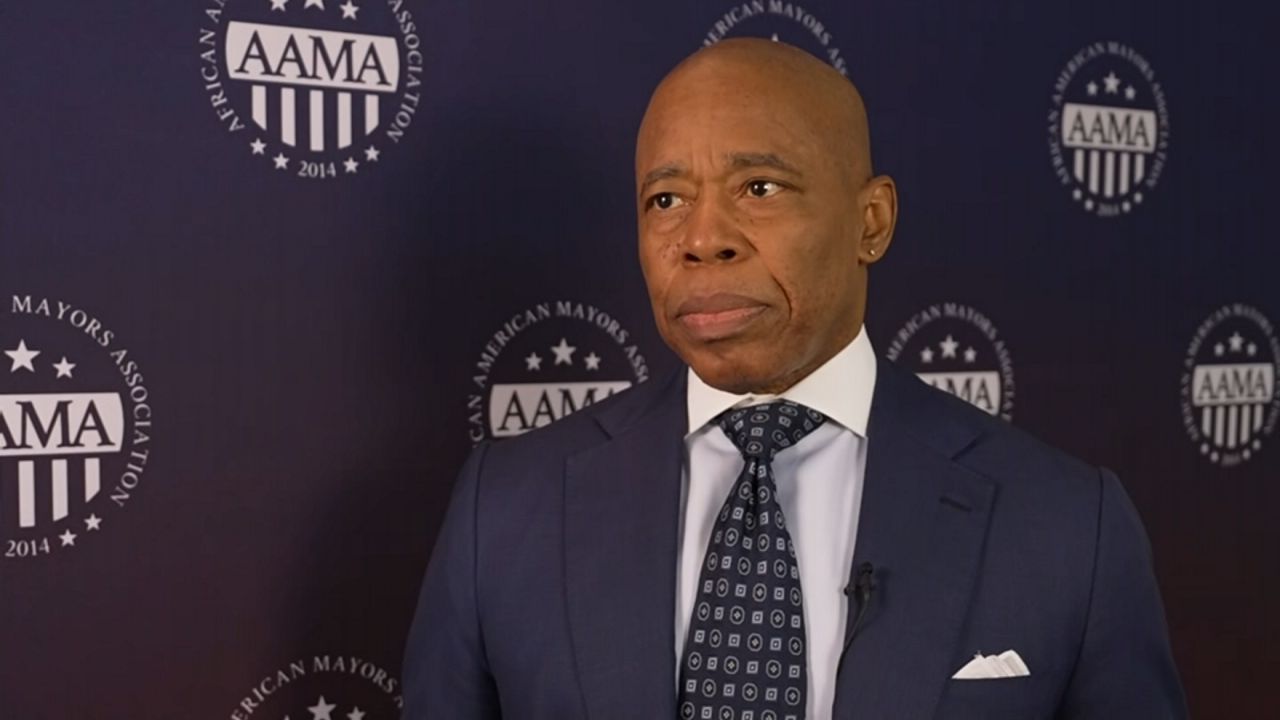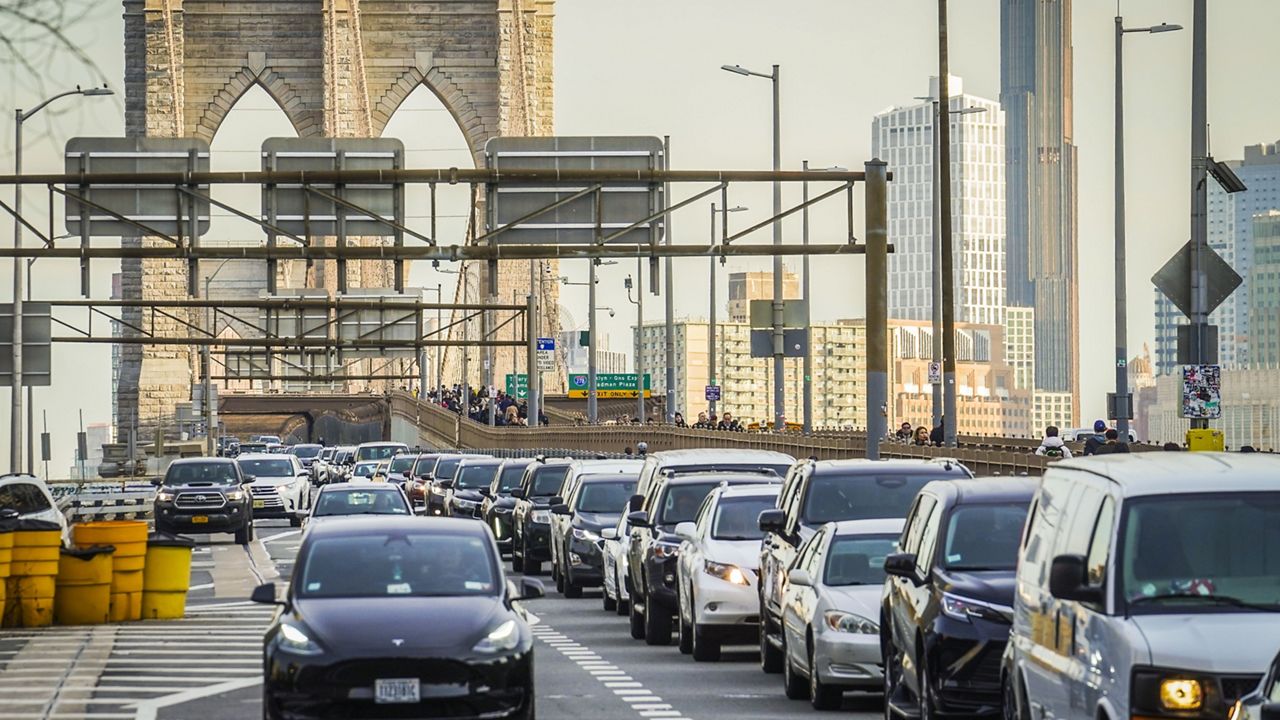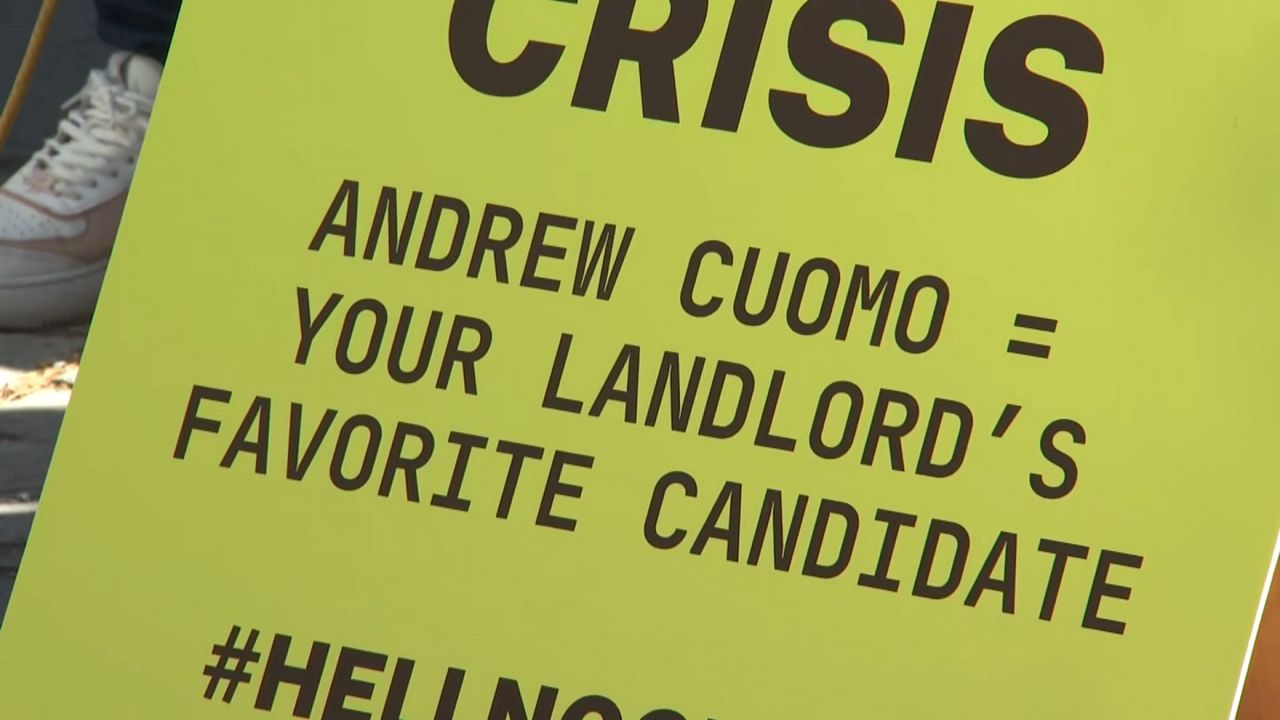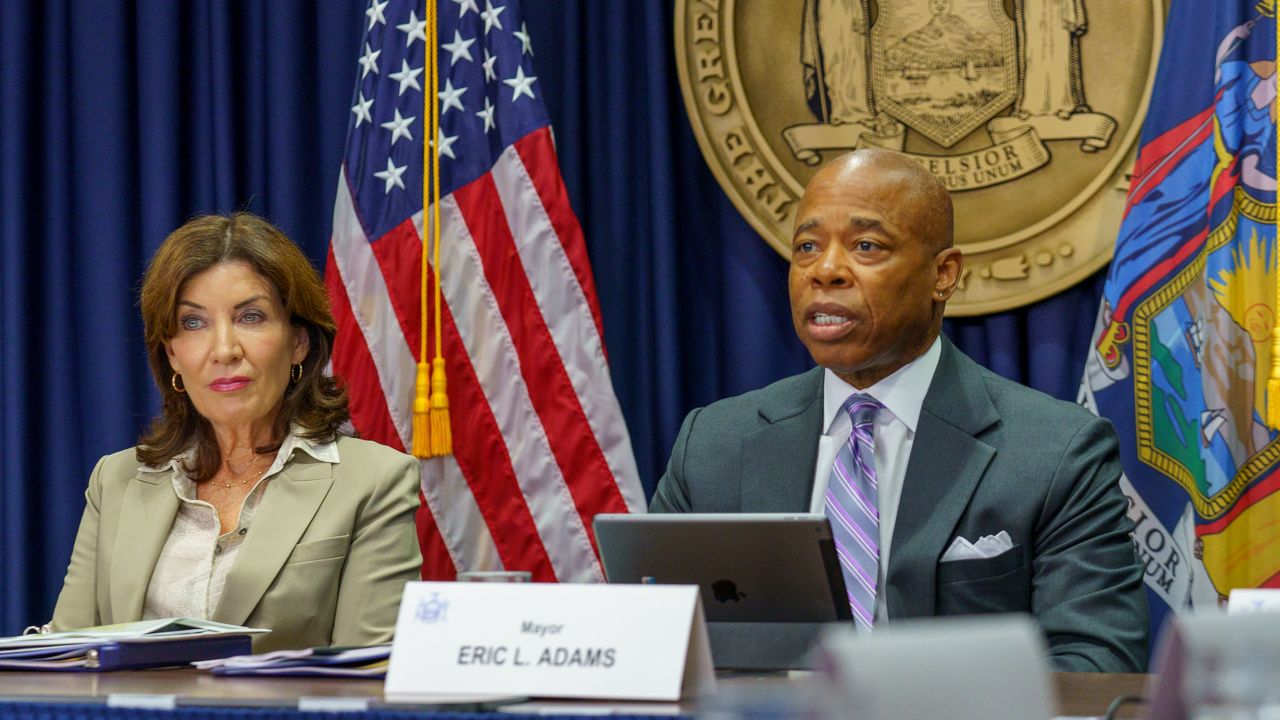The leaders of the city’s three public library systems testified to the City Council about their efforts to fight restrictions to certain books in school, libraries and curricula around the country.
“We provide regular banned book clubs and a writing contest and offer copies online, and in print, but online, to anyone in the country, especially those in the states that have seen the lead of these book bannings,” Anthony Marx, president of the New York Public Library, told councilmembers.
Even though the library chiefs recognized that book bans and challenges rarely happen here.
When asked whether libraries here have faced pressure locally to ban books or remove certain books, Linda Johnson, president of the Brooklyn Public Library, said, “In Brooklyn, we have not.”
Still, Councilwoman Carlina Rivera feared it can happen here, citing protests over Drag Queen Story Hours.
“We’re very fortunate to live here in New York City but do not think that this is too far from our doorstep,” Councilwoman Carlina Rivera said.
Some of the most frequently challenged books, according to the American Library Association — include frank depictions of sex — something one library chief dismissed.
“Protagonists of color and discussions of racism are deemed uncomfortable, while queer characters and relationships are labeled as obscene or pornographic,” Johnson, the Brooklyn Public Library chief, said.
When a book does get challenged here, it can come from unexpected corners.
“It’s a concern over a book maybe from the 1950s or the middle of the century that depicts people of color, in a way that’s no longer considered acceptable. And so it becomes a question of whether or not we’re being racist ourselves unwittingly, not whether we are providing material that’s too progressive,” Johnson said.
Still, objections over banned and challenged books are expressed in subtle ways.
“People will actually, physically, remove a book and try to either put it on the side or do something with it, so it’s not visible,” Queens Public Library President Dennis Walcott said. “We have signage that deals with banned books to make sure people are aware about the issue itself and people have literally gone and picked up the signs and torn them up.”
None of the more moderate and conservative City Councilmembers attended to ask questions.
But NY1 spoke to Maud Maron, an education and parent advocate and self-described old-school liberal.
“In fact, every single book that I think does not belong in our schools, especially for younger children, certainly belongs in the library stacks,” Maron said. “People should be able to take out whatever they want.”
She said that parents filing these objections for schools are making sure books that are available to children are appropriate for their age.
“I see parents who don’t want material that they think — that parents really feel — is inappropriate for the age,” she said. “So, graphic novels that have depictions of sex in middle school or even younger in elementary school [are] something a lot of parents across the political spectrum object to.”









